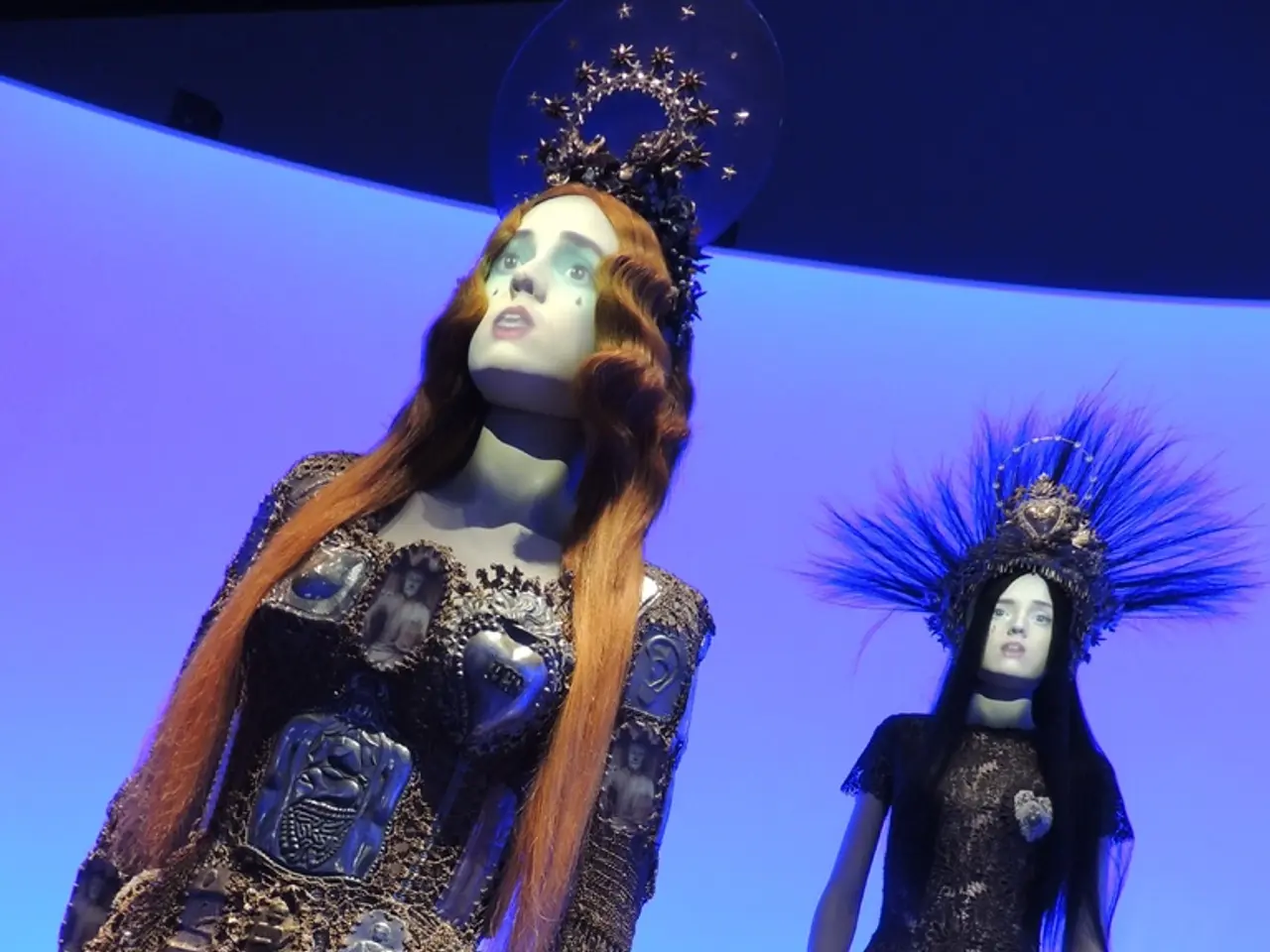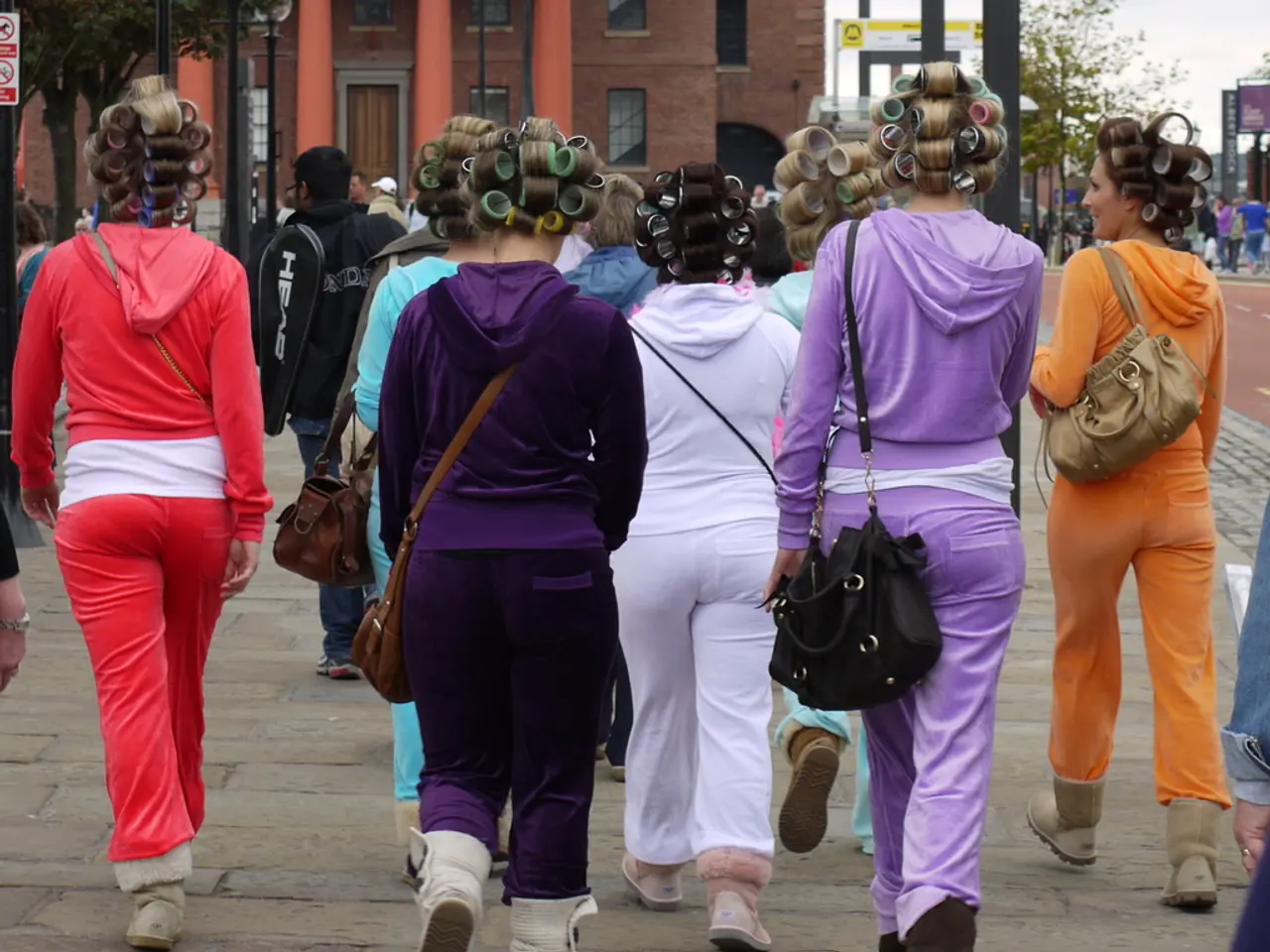Art Specialist Voices Opposition to Restoration of Louisville Monument Vandalized in 2020: "Louisville City Fosters Hostility Towards Anti-Police Demonstrations"
Louisville's art historian, Chris Reitz, steps down from his post as chair of the public art commission, citing disagreement with the city's plans to restore a defaced statue of King Louis XVI, symbolic of the 2020 Black Lives Matter protests.
In an opinion piece published by the Courier-Journal, Reitz, a scholar and author of two books on artist Martin Kippenberger, chides the city of Louisville, Kentucky, for attempting to erase evidence of the 2020 protests on their upcoming fifth anniversary. He raises concerns about the substantial cost of restoring the sculpture and questions the motivations behind the expense, especially since the statue suffered significant damage and is considered beyond repair.
Reitz expresses sympathy for those who wish the graffiti removed from the statue, but argues it serves as a reminder of the historic protests, rather than merely vandalism. He maintains that in its present state, the statue represents an artifact documenting Louisville's social unrest, including the memory of Breonna Taylor and the ongoing anti-police protests.
The statue, created by Achille Valois, a member of Jacques-Louis David's studio, was initially erected in Montpellier, France, in 1829 and arrived in Louisville in 1966. On May 28, 2020, the same day the city released the 911 calls from Taylor's apartment detailing her fatal shooting, a man dislodged one of its hands, and later that summer, the statue was graffitied as protests continued. Louisville officials decided to remove the statue due to safety concerns.
A survey completed in 2022 revealed that only 60% of Louisville residents believe the statue aligns with their values. Research conducted by the city also shows the sculpture was already structurally damaged before the 2020 protests. However, city officials have persisted in their efforts to restore the statue, even against the advice of the Public Art Commission, which Reitz led. The estimated cost of restoration and displaying the statue again is $200,000.
Though the statue's estimated market value is only $60,000, according to Reitz, he fears that even if repaired, its cracked marble would not withstand the elements for outdoor display. "This city deserves great art," Reitz wrote. "I don't want to stir the pot. Perhaps Louisville wants their King back-perhaps they don't mind spending tax dollars to repair an irreparable statue. They will just have to do it without me."
Reitz's resignation coincides with ongoing debates among high-ranking US politicians about managing public monuments. President Donald Trump's recent executive order targeted museums, requiring them to uphold "solemn and uplifting public monuments" and ensure that current monuments do not "inappropriately disparage Americans." In contrast, Hamza Walker, curator of a forthcoming exhibition called "MONUMENTS" at the Museum of Contemporary Art Los Angeles, prepares to showcase decommissioned Confederate monuments to symbolize their deadly ideology and the struggle for civil rights.
[1] Source: BLVCKBOX (June 23, 2022) “Op-Ed: How the damnation of a statue signifies Louisville's struggle to honor Breonna Taylor's sacrifice” https://blvckbox.co/2022/06/23/op-ed-how-the-damnation-of-a-statue-signifies-louisvilles-struggle-to-honor-breonna-taylors-sacrifice/[2] Source: Arts Louisville (May 14, 2022) “Louisville residents call for case by case decisions when it comes to public art” https://artslouisville.com/politi-cons/louisville-residents-call-for-case-by-case-decisions-when-it-comes-to-public-art/
- The art historian, Chris Reitz, has stepped down from his post as chair of the public art commission in Louisville, Kentucky, due to disagreement with the city's plans to restore a defaced statue of King Louis XVI, a symbol of the 2020 Black Lives Matter protests.
- In a published opinion piece, Reitz, a scholar and author on artist Martin Kippenberger, criticizes the city's efforts to erase evidence of the 2020 protests on their fifth anniversary by restoring the statue, questioning the substantial cost and motivations behind the expense.
- Reitz argues that the damaged statue serves as a reminder of the historic protests, particularly the memory of Breonna Taylor and ongoing anti-police protests, and maintains its current state represents an artifact documenting Louisville's social unrest.
- The controversy over the statue, initially created by Achille Valois and originally erected in Montpellier, France, in 1829, has sparked debates among high-ranking US politicians about managing public monuments, with President Donald Trump's executive order targeting museums to uphold "solemn and uplifting public monuments."
- Meanwhile, Hamza Walker, curator of the forthcoming exhibition "MONUMENTS" at the Museum of Contemporary Art Los Angeles, plans to showcase decommissioned Confederate monuments to symbolize their deadly ideology and the struggle for civil rights, contrasting with Louisville's plans to restore the King Louis XVI statue.








